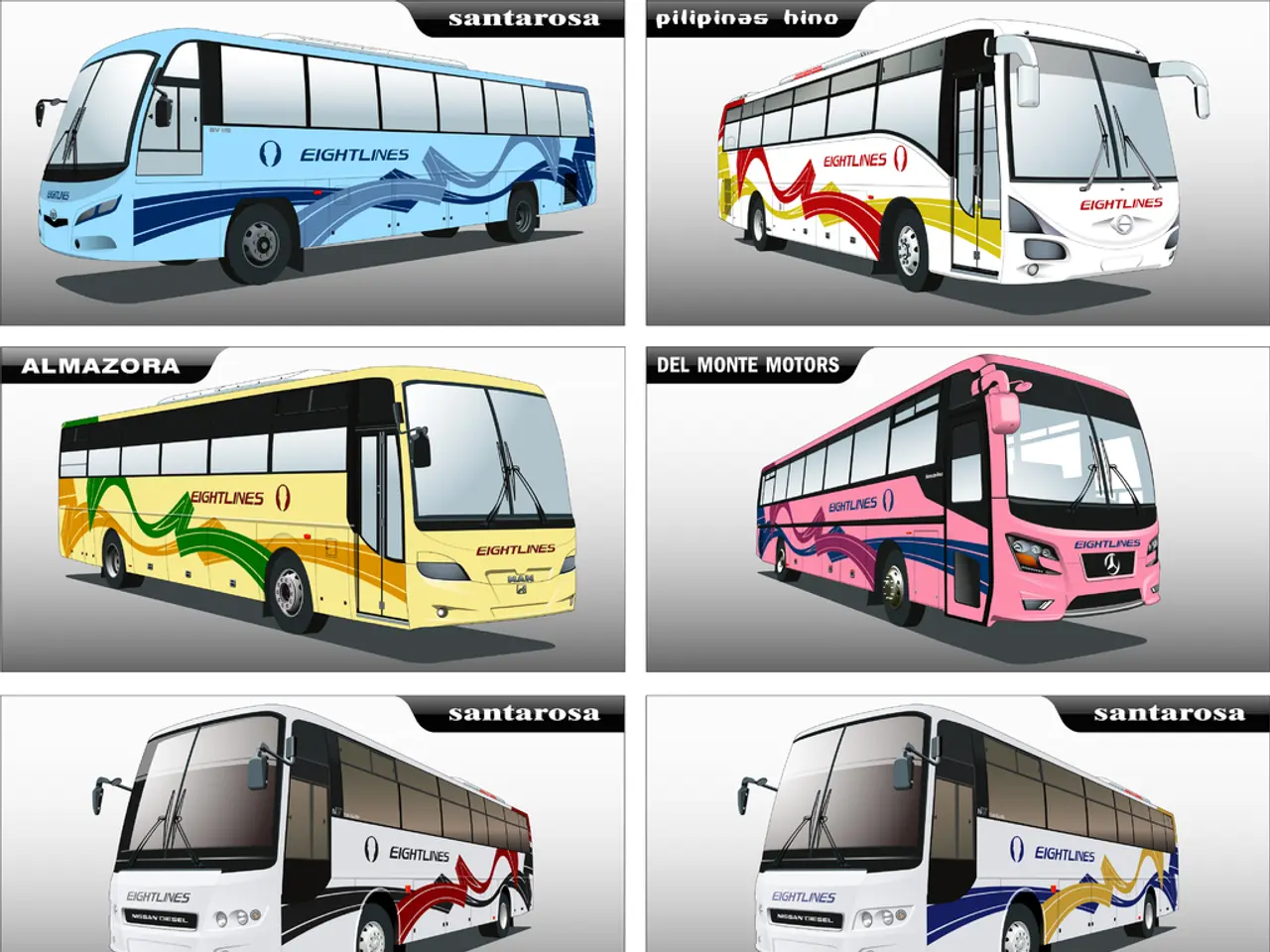Transit authority RIPTA demonstrates comparable efficiency according to independent study, aligned with performance of peer transit organizations.
The Rhode Island Public Transit Authority (RIPTA) has published its final operational efficiency study report, a condition of the fiscal year 2025 state budget. The comprehensive report, completed independently by WSP and Foursquare ITP, provides an in-depth analysis of RIPTA's operations, costs, and performance.
The study highlights several key findings. RIPTA's fixed-route service, particularly in core urban corridors, performs well. The cost per trip is in line with similar transit providers, despite serving an area more than twice the size of the average peer agency.
The report recommends several strategies for the long-term sustainability of RIPTA. These include eliminating or restructuring the lowest-performing routes to better match demand and reduce costs, as some routes have very high costs per passenger trip ($40 to $80) and are unsustainable.
Other recommendations include implementing fare adjustments, such as a fare increase aligned with inflation and shifting toward zone-based pricing, after more than 15 years without a fare change. The report also suggests reducing management and administrative expenses to increase operational efficiency.
Maximizing federal funding, including programs like the Job Access and Reverse Commute (JARC) program and indirect cost recovery, is another key recommendation. Investing in high-performing routes to support core, efficient service corridors is also highlighted.
The report also emphasizes the importance of reassessing underperforming services with equity considerations to ensure service decisions consider vulnerable populations. Leveraging technology to expand access and improve efficiency throughout the system is another crucial recommendation.
RIPTA and its board of directors are reviewing and incorporating these recommendations into the agency's daily operations. The full report is available on RIPTA's website for public review.
It's worth noting that RIPTA generates more advertising revenue than most of its peers. Administrative costs in RIPTA are also below average.
The final operational efficiency study report marks a significant step forward for RIPTA, aiming to right-size the authority, rebuild its financial foundation, protect core services, and position the agency on stronger long-term financial footing.
- To enhance access and efficiency across its system, RIPTA is advised to leverage technology within the transportation industry.
- The financial sustainability of RIPTA could be bolstered by maximizing finance opportunities, such as federal funding programs and indirect cost recovery, within the public-transit and finance industries.




